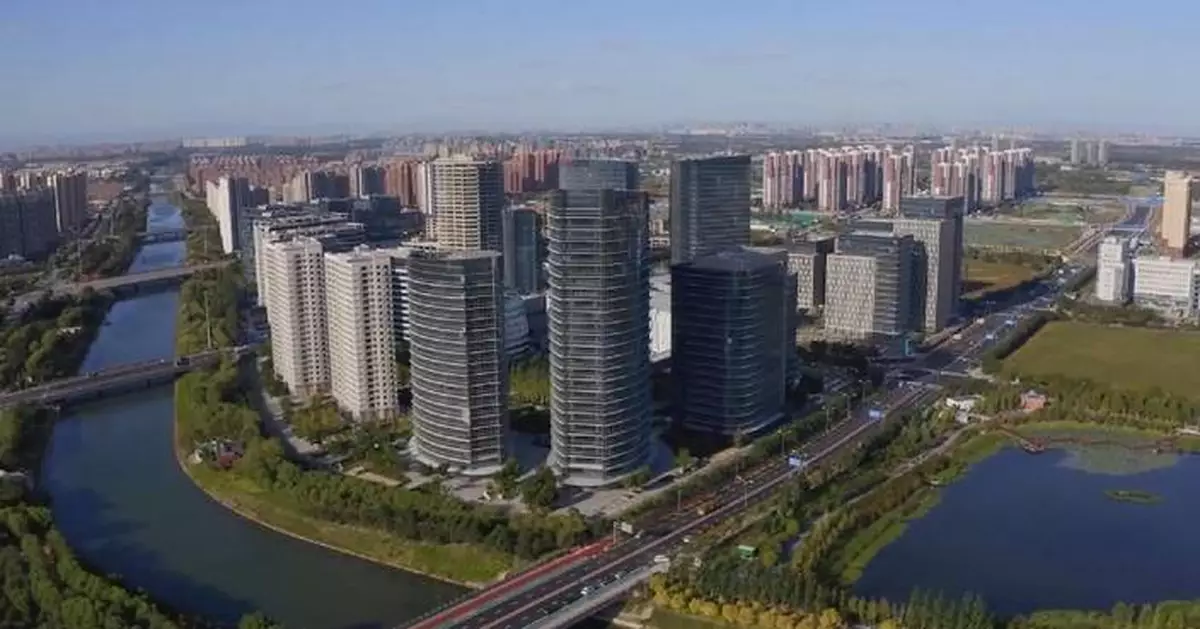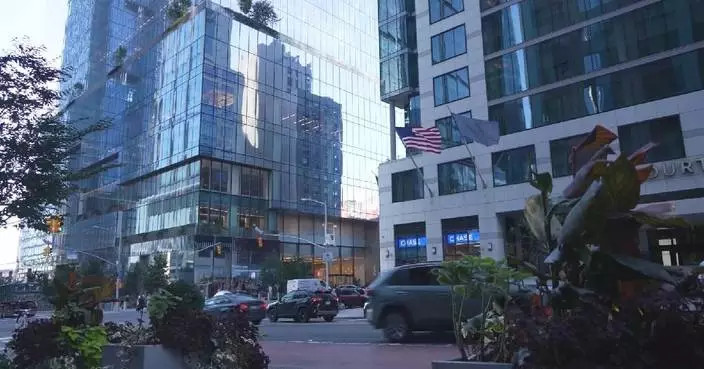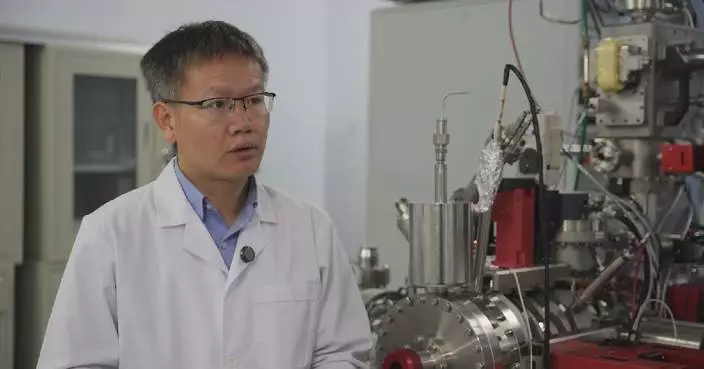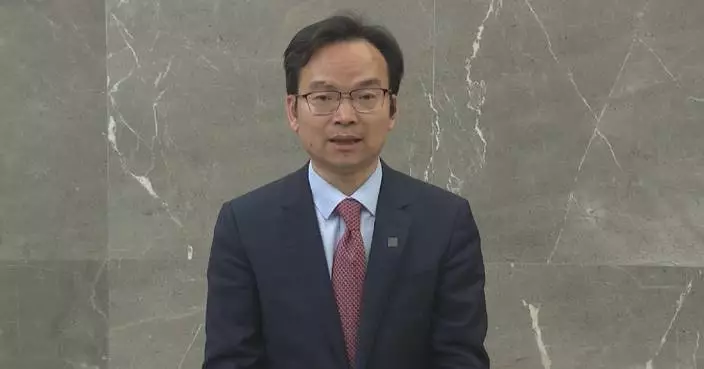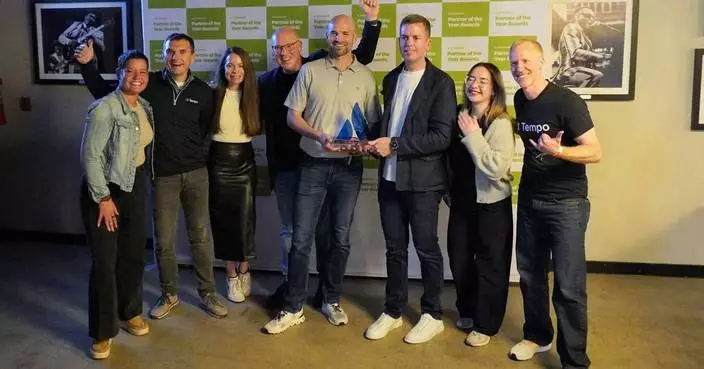The Beijing Economic and Technological Development Area (BDA), also known as Yizhuang, has been promoting reform and innovation and optimizing the business environment, offering bespoke "butler" support to help companies in the BDA prosper.
The initiatives have helped solved practical problems for enterprises and set a benchmark for local governmental departments to further deepen reform through similar approaches.
Since the establishment of the "butler" service mechanism in 2021, government staff working for the BDA have been given more power to provide "one-on-one" solutions to companies that request assistance.
It has also set up funding streams for early-stage start-ups and small-sized firms which promise long-term stability, with many business owners saying the funding system has met their urgent needs for investment capital.
Enterprises in the BDA are receiving more and more investments, and their shareholder equity structures are being fine-tuned constantly.
"Since our business started operation here in Yizhuang last year, I feel like we started from scratch, and are growing up little by little after overcoming one challenge after another, all with the strong support and assistance from Yizhuang. We are now fully confident in our innovation and R and D work in future," said Xu Ningyi, founder and CEO of an autonomous driving computing platform company.
"We will earnestly study and implement the guiding principles of the third plenum of the 20th CPC Central Committee, take the development of the capital in the new era as the overarching principle, comprehensively deepen reform, and promote the integrated development of scientific and technological innovation and industrial innovation," said Yi Yuanjia, deputy head of the administrative committee of the BDA.
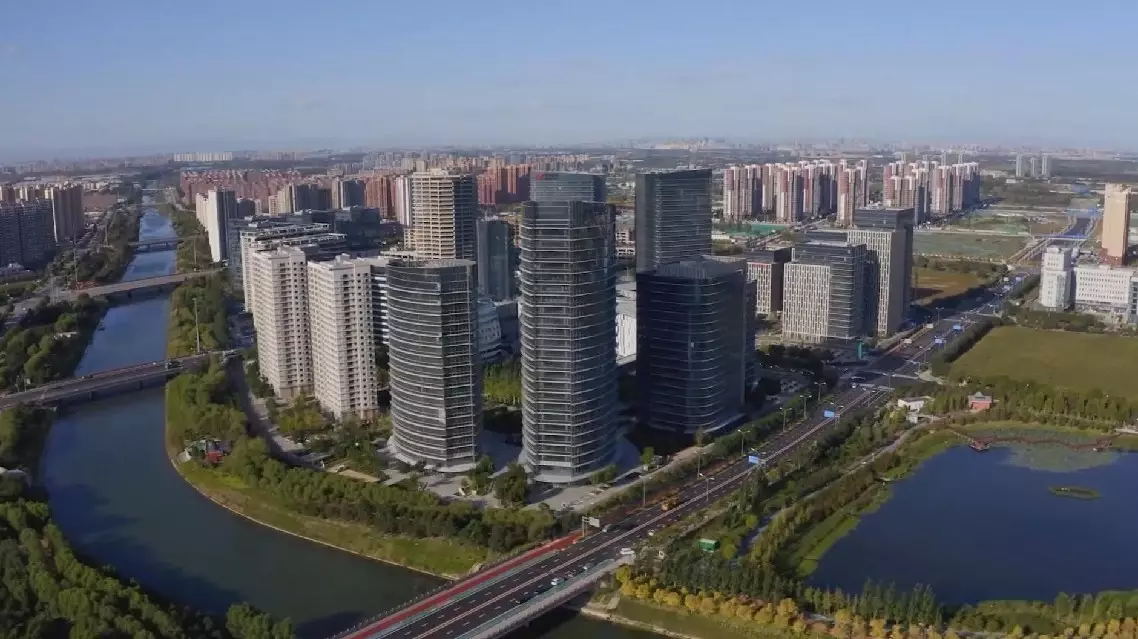
Beijing business zone’s "butler" services help firms prosper
China and other member states of the Shanghai Cooperation Organization (SCO), pledged to enhance sustainable development cooperation at a Thursday conference in Tianjin, ahead of this year's SCO summit.
As the rotating chair for this year, China is to host the SCO summit in Tianjin this autumn. The China-SCO Conference on Industrial Cooperation for Sustainable Development is one of the activities organized during a promotion event from Wednesday to Friday. It aims to promote cooperation in fields like infrastructure, energy, mining and petrifaction.
Nearly 400 guests, including government officials and enterprises from SCO member states attended the opening session.
"In 2024, China's trade volume with SCO member states, observer states and dialogue partners reached a record high of 890 billion U.S. dollars, accounting for about 14.4 percent of China's total foreign trade volume, fully demonstrating the tremendous vitality and broad prospects of trade development within the region," said Ling Ji, vice minister of commerce and deputy China international trade representative, at the conference.
As China has extensive experience in promoting sustainable development, attendees from SCO member states expressed hope to strengthen cooperation with China across various sectors, said SCO Deputy Secretary General Sohail Khan.
"China plays a very, very important, significant role in sustainable development, as I said, so we are expecting that in the sustainable development context, all member states have lot to gain and learn from China on its achievements in various areas, like agricultural industries, energy, high tech, information technology, and robot AI," he said.
By the end of 2024, China's investment stocks in SCO member states, observer states and dialogue partners have exceeded 140 billion U.S. dollars, with the total value of contracts signed by Chinese enterprises in these countries exceeding one trillion U.S. dollars and the completed turnover surpassing 680 billion U.S. dollars.
In 2024, about 19,000 China-Europe freight train ran through the SCO region, marking a year-on-year increase of 10.7 percent and significantly promoting regional connectivity and economic development.
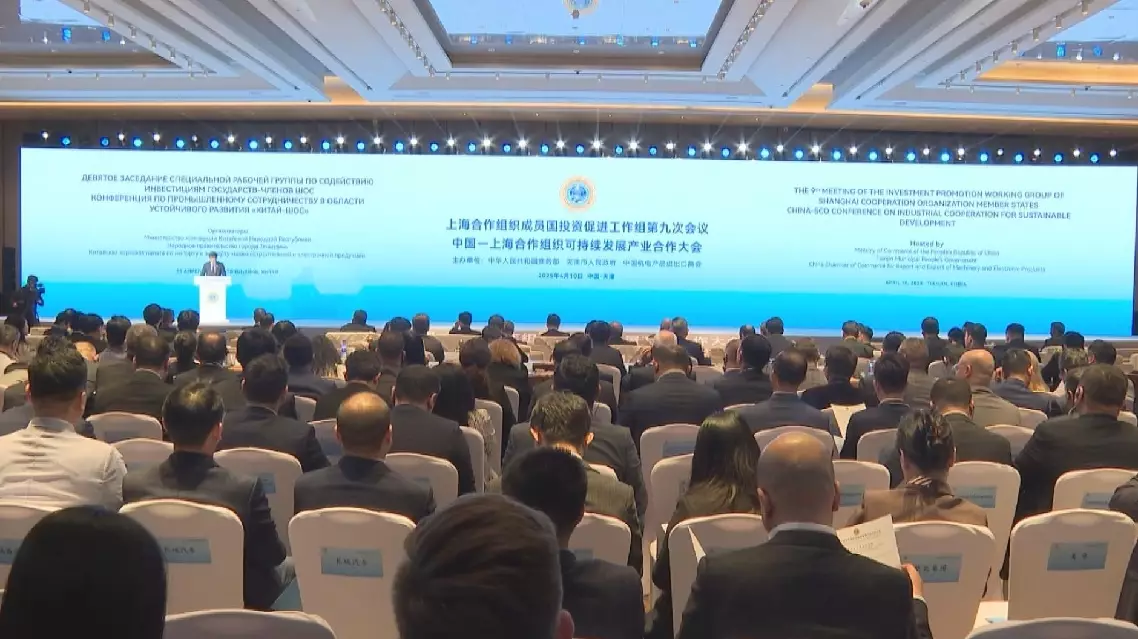
China, SCO member states pledge deeper sustainable development cooperation



